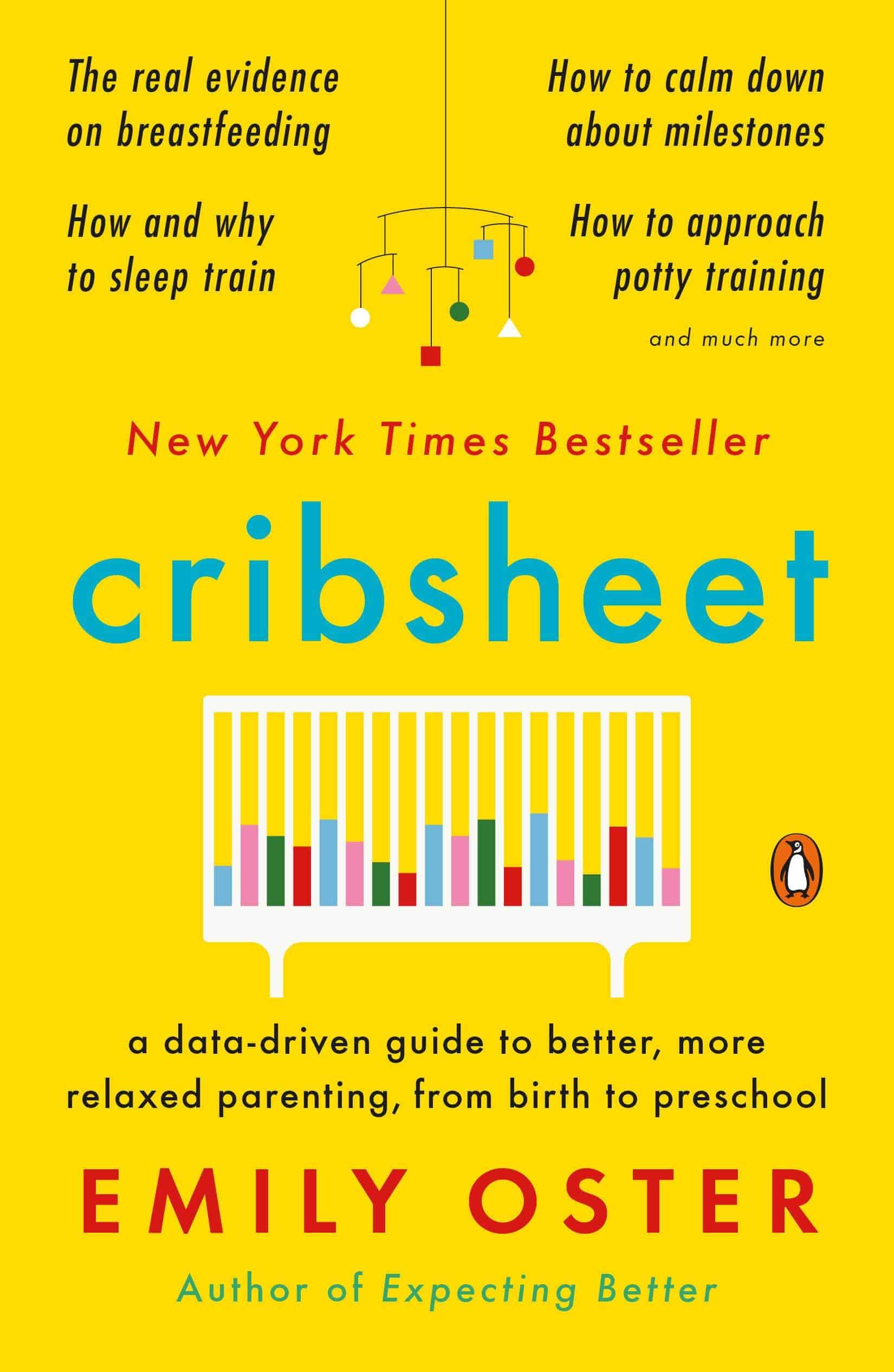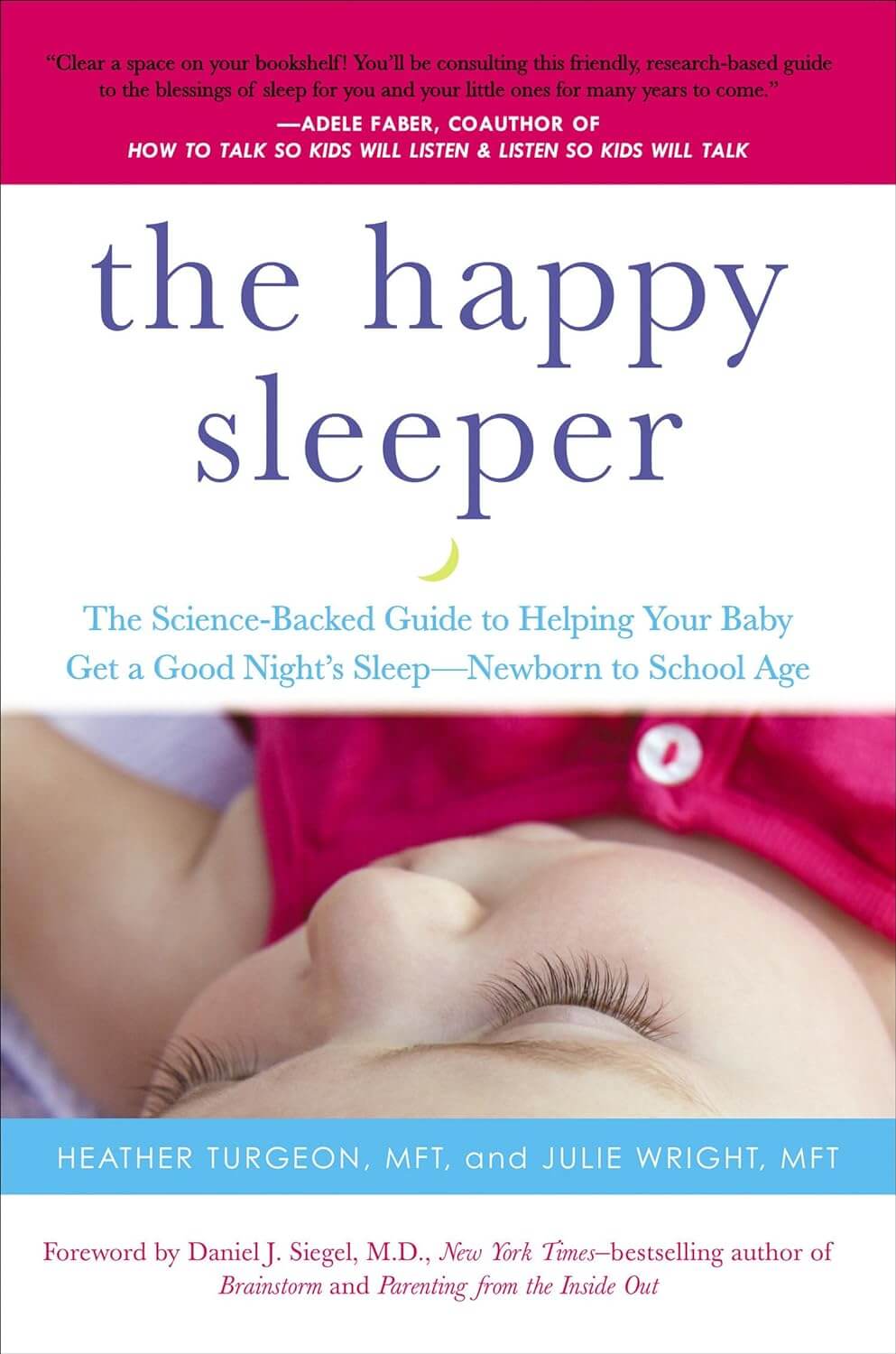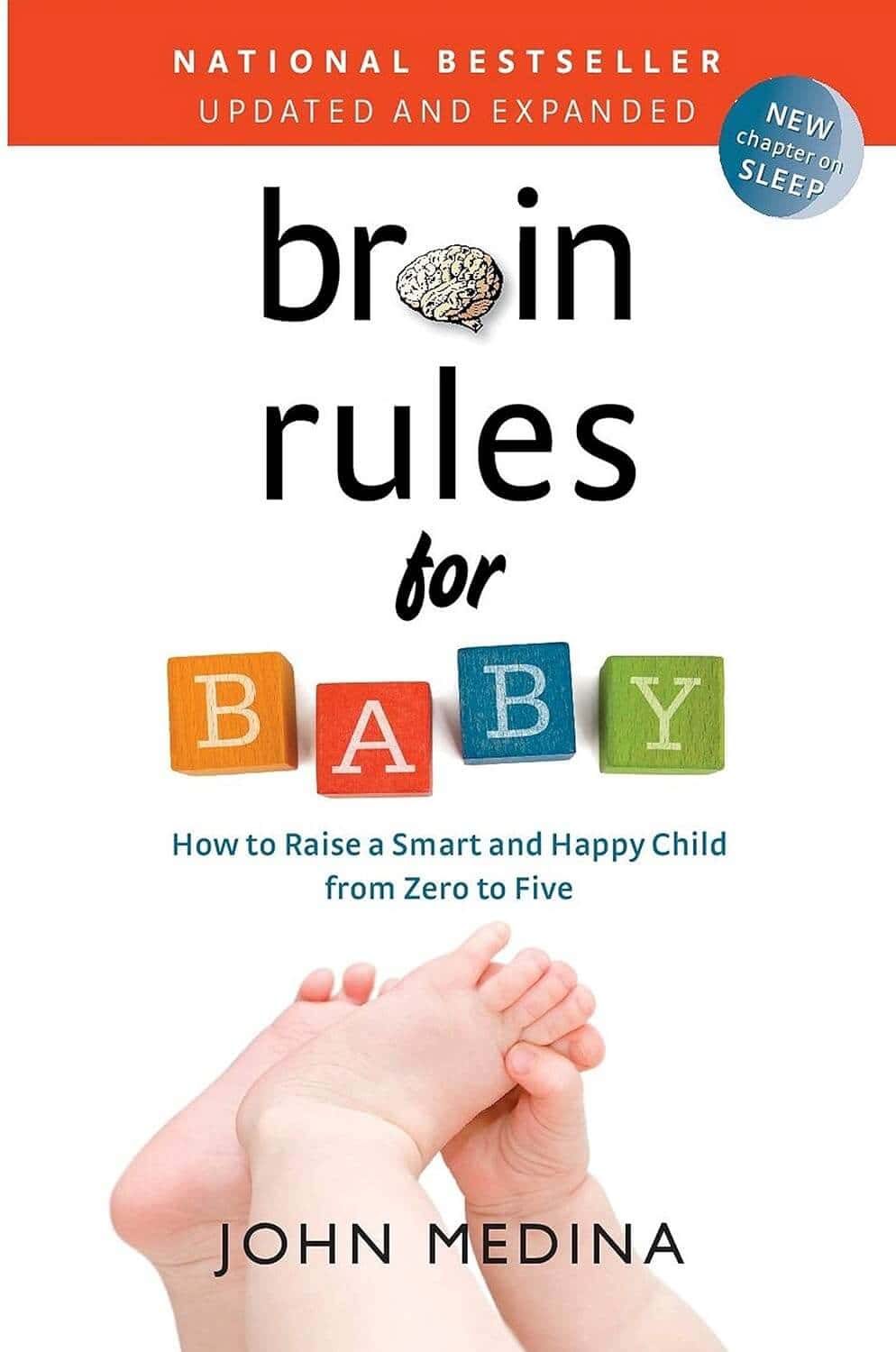Sneak peek: Some of the best parenting books that I’ve found to provide real, useful research-based guidance. When facing parenting struggles, turn to these first.
If you’ve been a parent for any length of time, you know that with all the joy also comes some challenging times. My parenting journey has brought plenty of periods of self-doubt, no sleep, worries and various other struggles. Given my background, I always gravitate towards some of the parenting books that focus on research during these stressful times. I rely on others’ best parenting advice and experience to make up for my lack thereof. You can almost always tell when I’m going through some parenting turmoil or questioning my parenting choices because my Amazon list and library trips start to grow daily.

With this in mind, I’ve compiled some of the books I have relied upon in the past few years to get me through some tough seasons of parenting.
Best Parenting Books for All the Stages and Phases of Parenting
Best Book for a First-Time Parent

Cribsheet. When you are in those early days of being a parent, you need straightforward information. You don’t have the time or energy to look through a thousand articles on the Internet — you just need answers. That’s what this book provides. Author Emily Oster sorts through all the research and data to offer the facts to help you make informed decisions about parenting your new baby.
Best Books for Sleep Challenges
The Happy Sleeper. Neither of my boys was what you would call easy sleepers. They required bouncing, rocking, swaddling, pacifying, etc. to get even a 20 min nap. I know what sleep deprivation can do to your mental health and relationships.
The approach this book uses is research-backed and does not involve hard-core cry-it-out, as some books propose. It does help parents understand how capable their babies really are, but in a slow, step-by-step method.
Elevating Childcare is not just about sleep but it includes a wonderful chapter about the topic. Over the years, Janet Lansbury has become one of my favorite parenting authors and this book will tell you why. She helps us understand how to meet the needs of our development children without becoming martyrs in the process. The way she helps you balance the needs of your child and your own needs is wonderfully helpful.
Related reading: The Key to Making Sense of Your Child’s Crankiness: Understanding Toddler Growth Spurts
Best Child Development Books for Parents
The Science of Mom. Once I got past the newborn phase, there were so many questions: am I breastfeeding long enough? When do I start solids? Dr. Callahan’s book helped answer these questions and more from a research perspective. It wasn’t preachy or dry. It’s just real-life, helpful information from a mom who has “been there, done that” but has more scientific knowledge than the rest of us.
Brain Rules for Baby. I felt like I had the physical development of my baby down, but now what about his brain development? How do I ensure that he develops in the best possible way? Dr. Medina has got this topic covered. His book is like a flashback to my grad school child development class — but much more fun and engaging. The great thing is he refers to all the classic child development research but puts it in such a way as to address our burning questions. For example, how do I raise a child who is emotionally balanced and empathetic or how much TV is okay for my child to watch?
Best Parenting Book for Raising Toddlers
How Toddlers Thrive. I remember looking at my sons when they were toddlers and just thinking, “I have no idea what’s going on with him.” I would think I had him all figured out and then he would go through a phase of whining or clinginess and I was at a complete loss. Dr. Klein is wonderful at helping decode these toddler moments. Common toddler issues like sharing, managing transitions, language learning, and potty training are all discussed in authentic ways, but also based on a real understanding of child development.
Related reading: A Day in the Life of a Child Under 4: Guidelines for Sleep, Movement and Screen Time
Best Book for Raising Strong-Willed Children
Raising Your Spirited Child. If you’ve ever wondered why your kid is the one who melts down easily or seems so sensitive to changes, then this is the book for you. Early on I could tell my sons (especially the oldest) were more energetic, sensitive, and for lack of a better word “high-strung” than many of my friends’ kids. I knew in my heart that these traits could have an upside, but some days it was hard to find. This book is wonderful for helping you find the upside of challenging behaviors. The author goes deep in helping you understand why some kids are just wired differently, but this is not a bad thing. She helps you see how it is something you have to learn to work with, instead of against.
Best Overall Parenting Book
The Gardener and the Carpenter. I’ve referenced this book a few other times, but it is one of those that will change your worldview of parenting. Sometimes we get so caught up in the “trees” of parenting — the everyday squabbles, meal prep, playdates, etc. that we forget the “forest.” Dr. Gopnik brings us back to what the big picture of parenting really is all about: we are nurturing little humans, not producing a product or a mirror image of ourselves. After reading this book, I think you might just take a deep breath and relax a bit into parenting instead of considering it a competitive sport.
Books to Help You Choose a Preschool
The Importance of Being Little. This book is eye-opening and kind of revolutionary in today’s world. A book that actually encourages parents (and teachers) to allow kids to be kids. If you ever have any doubt that play is the real work of childhood, then you need this book. The author is a professor and former preschool teacher who outlines beautifully the role that early education should play in the lives of young children. It may not be what you expect, however. She doesn’t discuss worksheets or flashcards or even crafts. It’s all about authentic, child-led learning and what that can look like in a real setting.
The Most Important Year. If you want to understand what’s going on in the world of preschool education in the U.S., this is a must-read. The author takes you on a virtual tour of preschool classrooms–what’s working, what’s not and why. She also helps us understand more fully the idea of play-based education and why it’s important.
Need a checklist to take on that preschool tour? Check out this post: What to Look for in a Preschool Program: A Parent’s Guide (it includes a FREE printable checklist)
Best Positive Parenting Book
The Yes Brain. This is one of my all-time favorite go-to parenting books. The reason: it’s about raising kids who have mental and emotional strength. We often get caught up in worrying about our kids’ academic achievements or sports teams, so we don’t deeply think about the type of human being we want to raise. This book helps us focus squarely on all the emotional skills that our kids need to thrive in their world—empathy, resilience, persistence and kindness. A wonderful read at any stage of your child’s development.
Best Book to Help Your Child Love Reading
Caught Up in a Story. Wow is all I can say about the book. I just started reading this during the summer and it has changed my outlook on what summer reading should look like. More than just a list of book suggestions, this book illustrates with such beautiful stories and language how books can guide you and your child through childhood in a lovely way. Maybe I love this book so much because I remember how books did that for me. I have seen glimpses of how stories can have such power for kids with my own boys, but it hasn’t happened as often as I would like. I’m hoping if I keep reading this book, I can foster that story-formed life experience for them.
Well, I hope this list helps some of you through the ups and downs of parenting, as they have helped me. As parents, it is often hard to find time to read books that might enrich our lives and support us in our parenting, so consider listening to some of these on audiobook as well. I can often sneak in a few minutes of good listening while making dinner or after the kids go to bed.













Leave a Reply